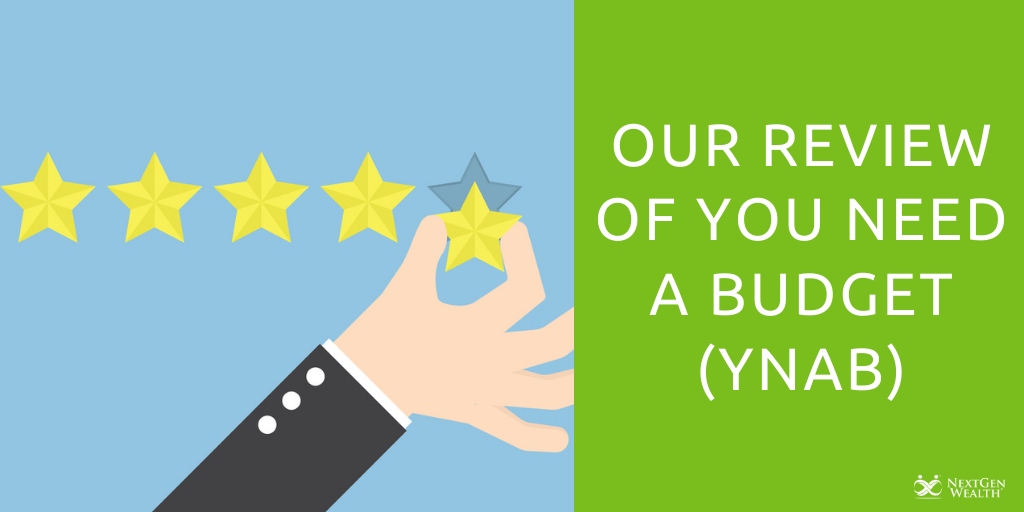

Even though I’ve read and re-read the support articles on how to set up and manage credit cards in YNAB, I still find it less than intuitive.I’ve occasionally had to reset my budget because sync didn’t pick up, although I’ve never lost data.

There are some really nice spending graphs and charts you can pull up, to see where your money is going at a glance.Handling cash is easy-you have two options.It also learns what categories certain vendors fall into YNAB remembers your payees, so that I only have to start typing “Mar…” now to get “Market Basket” to pull up as an auto-complete option.Recurring expenses are super easy to set up then you watch them populate into your register each month, with no need to manually repeat them.The app moves users away from the need to rely on complicated Excel spreadsheets (although I still use one for student loan tracking!).In fact, in the middle of writing this blog post, I went to see what Webinars there were, found a 20-minute “Learn the Four Rules” session starting in a matter of minutes, signed up, and sat in on the 20-minute session The support articles, forums, and Webinar options are some of the best of any app I’ve ever seen.You can carry the same budget over month to month with the click of a button, or easily modify as necessary.Cross-platform integration means I can track an expense with the receipt still in my hand and everything stays current.Here are some pros and cons of the app (YNAB 4) itself: Using the app (and accompanying YNAB resources) these last 3.5 years has been immensely helpful. YNAB is a massive movement with a huge following. It may not be novel, but it is also frequently ignored. Their idea is that you decide what to do with your money before you spend it. “Give every dollar a job” helps you avoid, as YNAB says, the scenario where you are feeling flush with cash after receiving a paycheck, so go out and buy all your friends drinks, only to realize 10 days later you needed that money for car repair. That’s perhaps the best contribution YNAB makes to one’s financial practice. I’ve had months where I was still using an outdated budget, but tracking my spending was sufficient for not overdoing it. The best thing about using YNAB is that even the act of tracking transactions has made me a more prudent spender. But what I’ve seen of the new Web app is an impressive step forward for an already great app.
REVIEW OF YOU NEED A BUDGET UPGRADE
YNAB 4 is still fully functional, so you don’t have to upgrade to the subscription-as-service model if you don’t want to you just can’t buy the stand-alone apps as a one-time purchase anymore. YNAB 4-which I received a few years ago for review and which has now been replaced by a yearly subscription model-consisted of a desktop app and mobile app that stayed in sync with each other via Dropbox. You could easily (and productively!) get lost in their articles, tips, and sources of support for hours. Their Website is as clean and clear and informative as any I’ve seen. Here are the four tenets of YNAB, in their words: YNAB is a philosophy (with newly released accompanying book) as much as it is an app. Instead, I’ve been tracking daily expenses in real time since May 2015 with the app You Need a Budget ( YNAB).

Long gone are my days of reconciling expenses in the check register to a print bank statement at the end of the month.


 0 kommentar(er)
0 kommentar(er)
